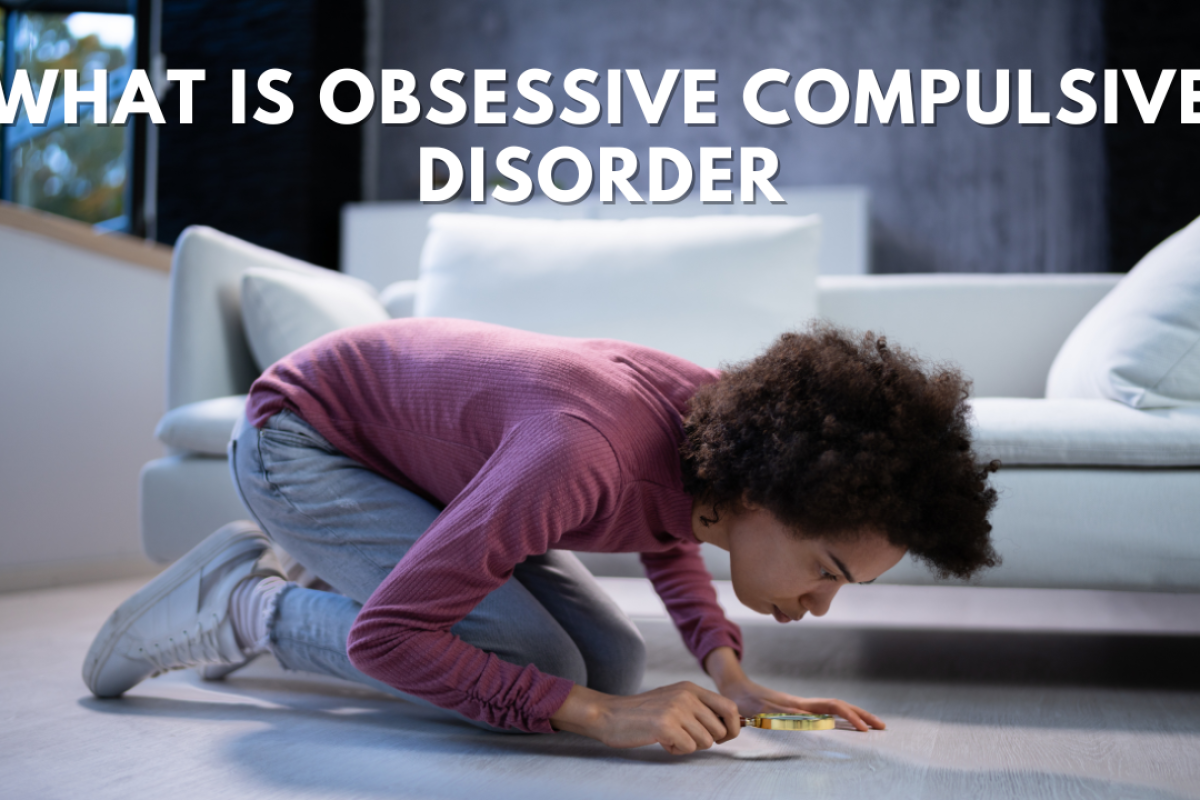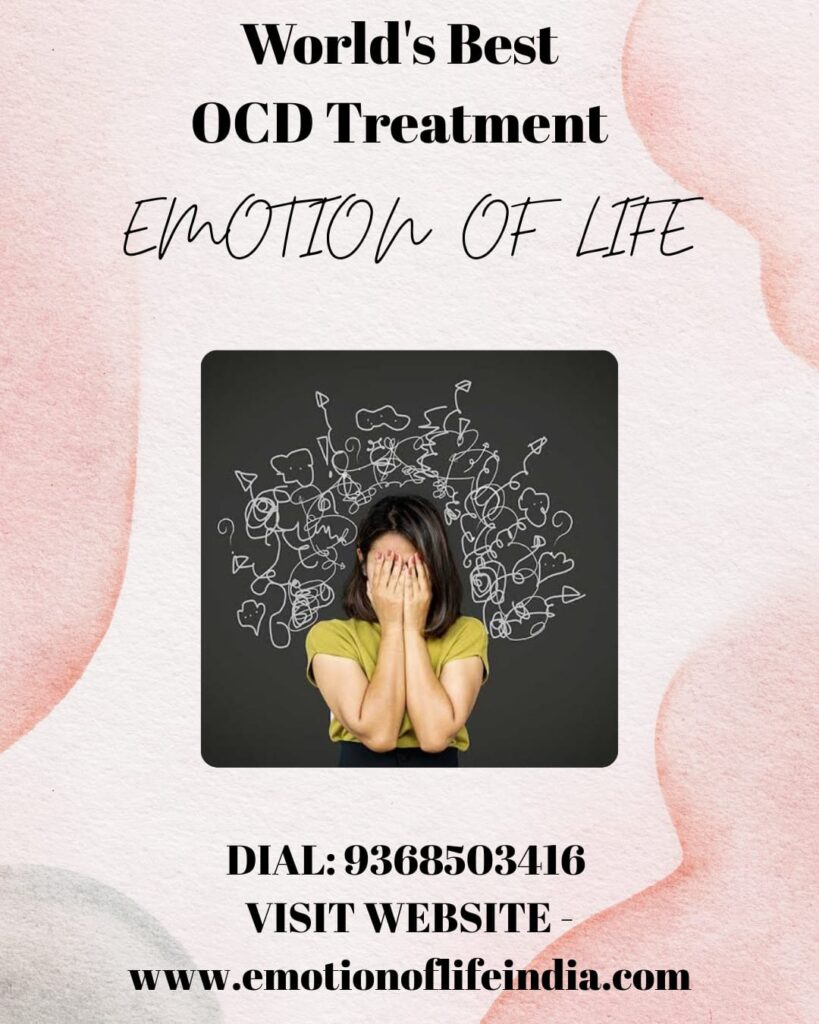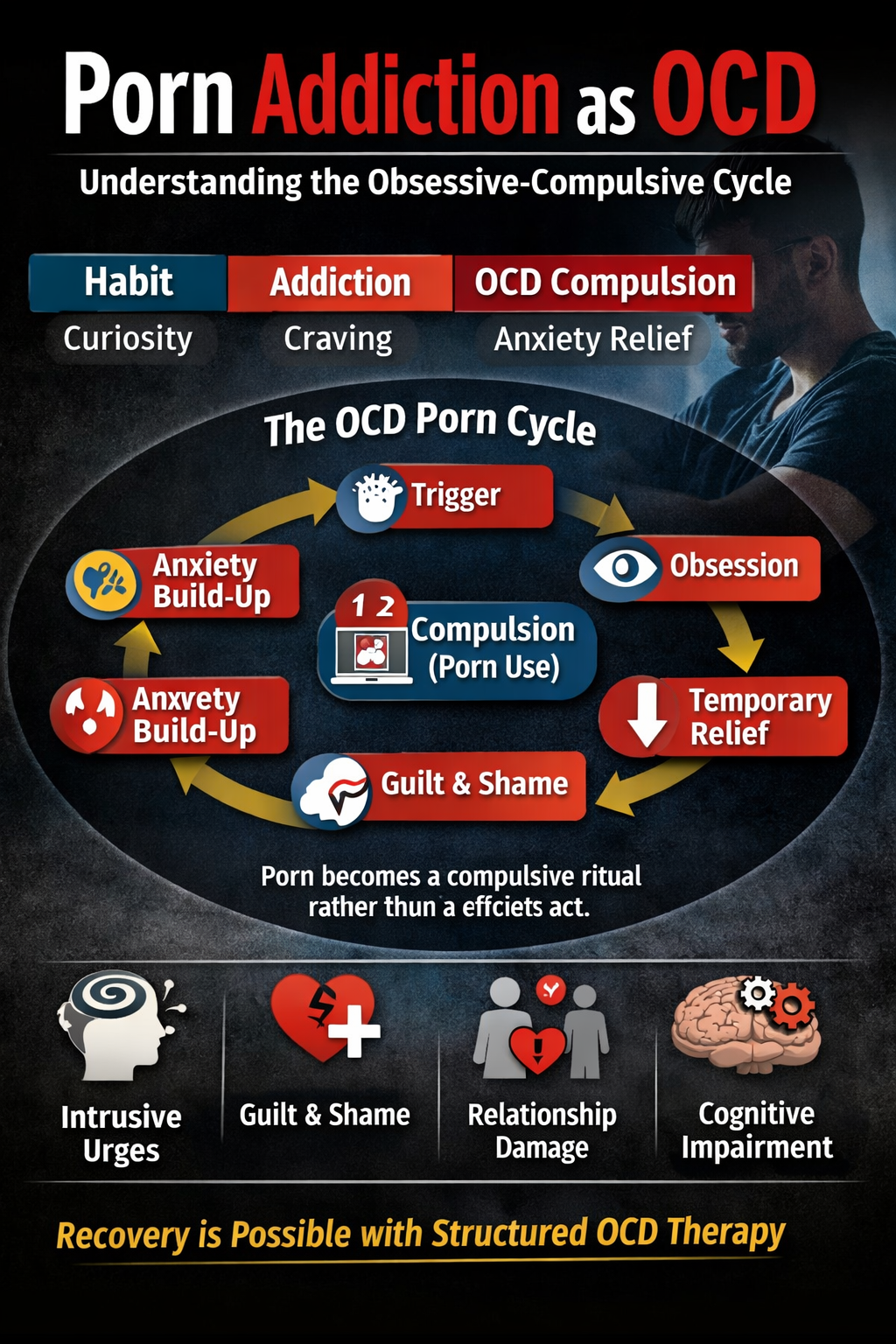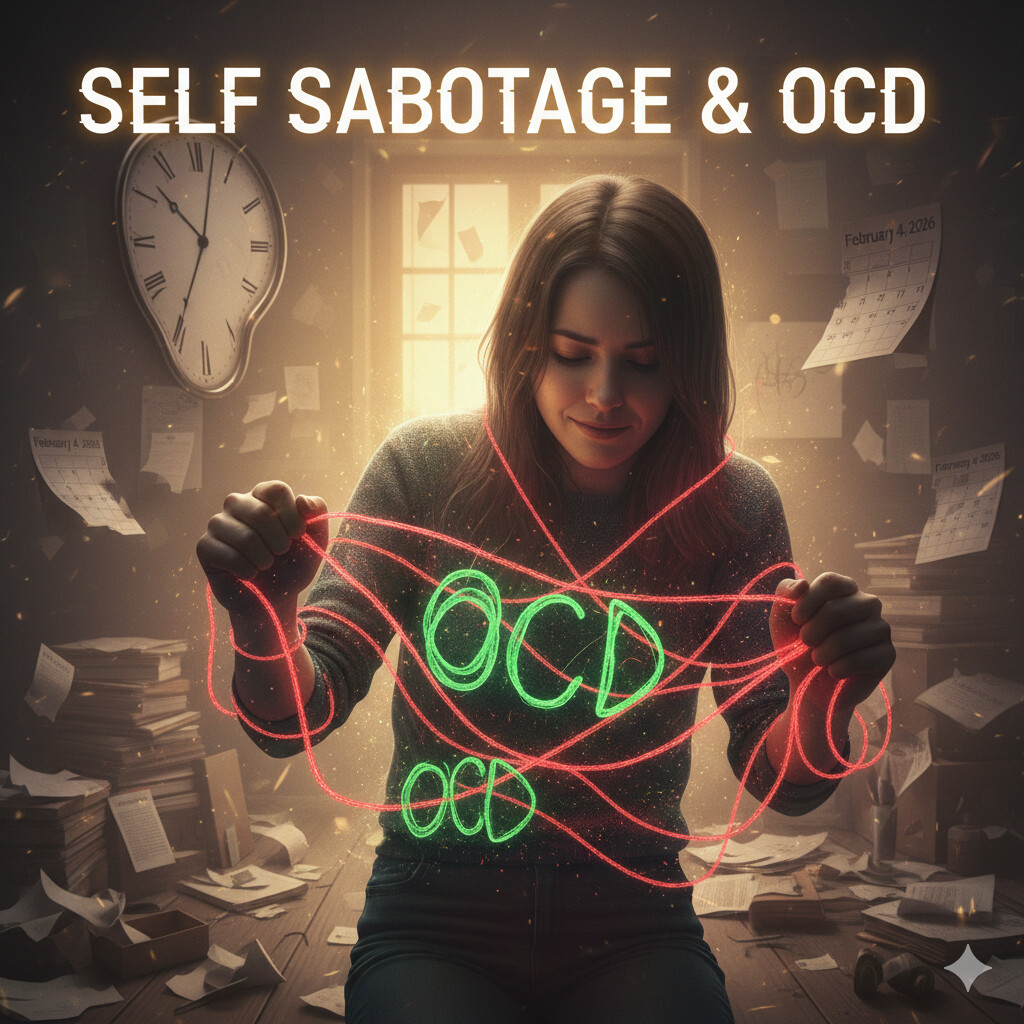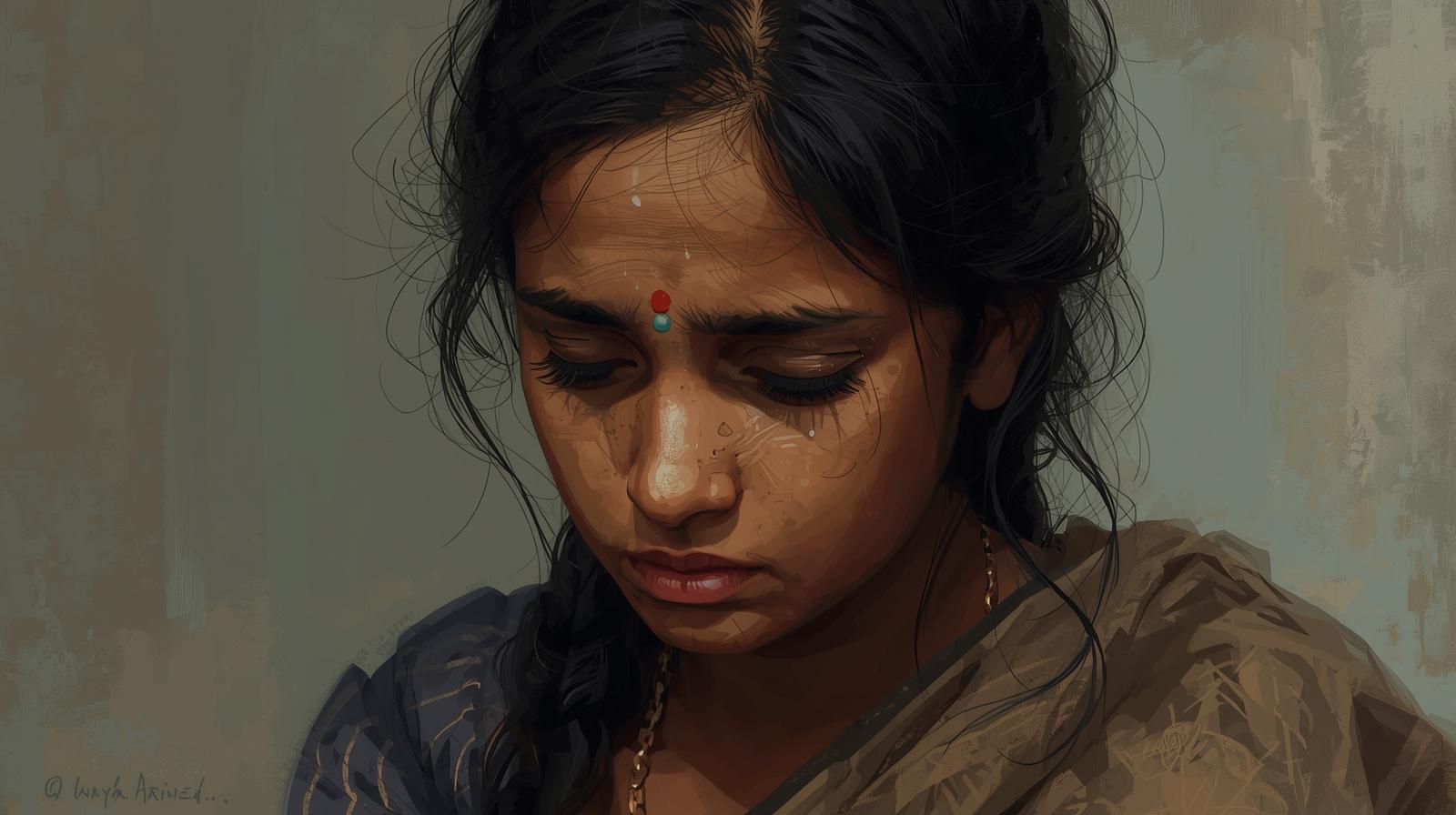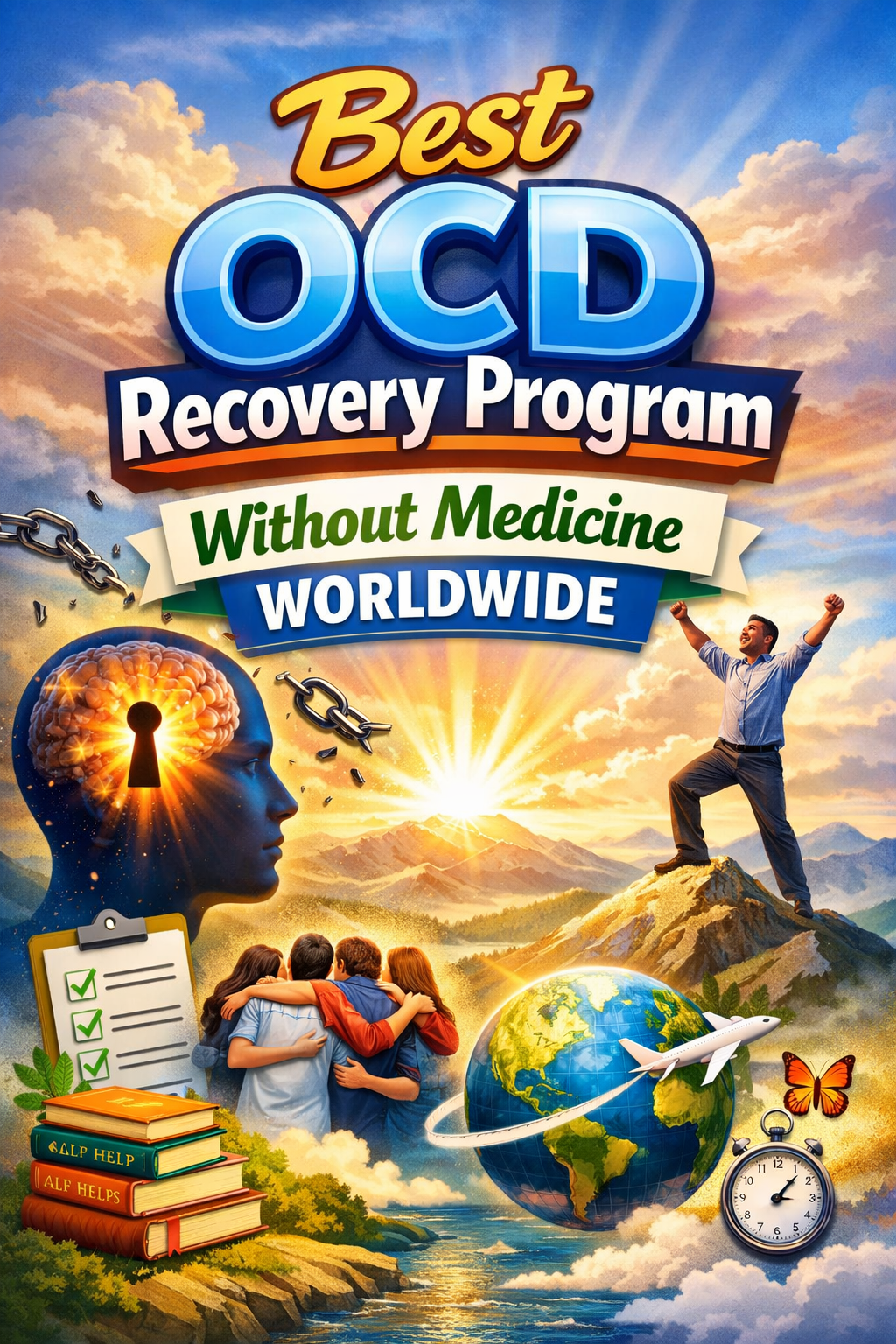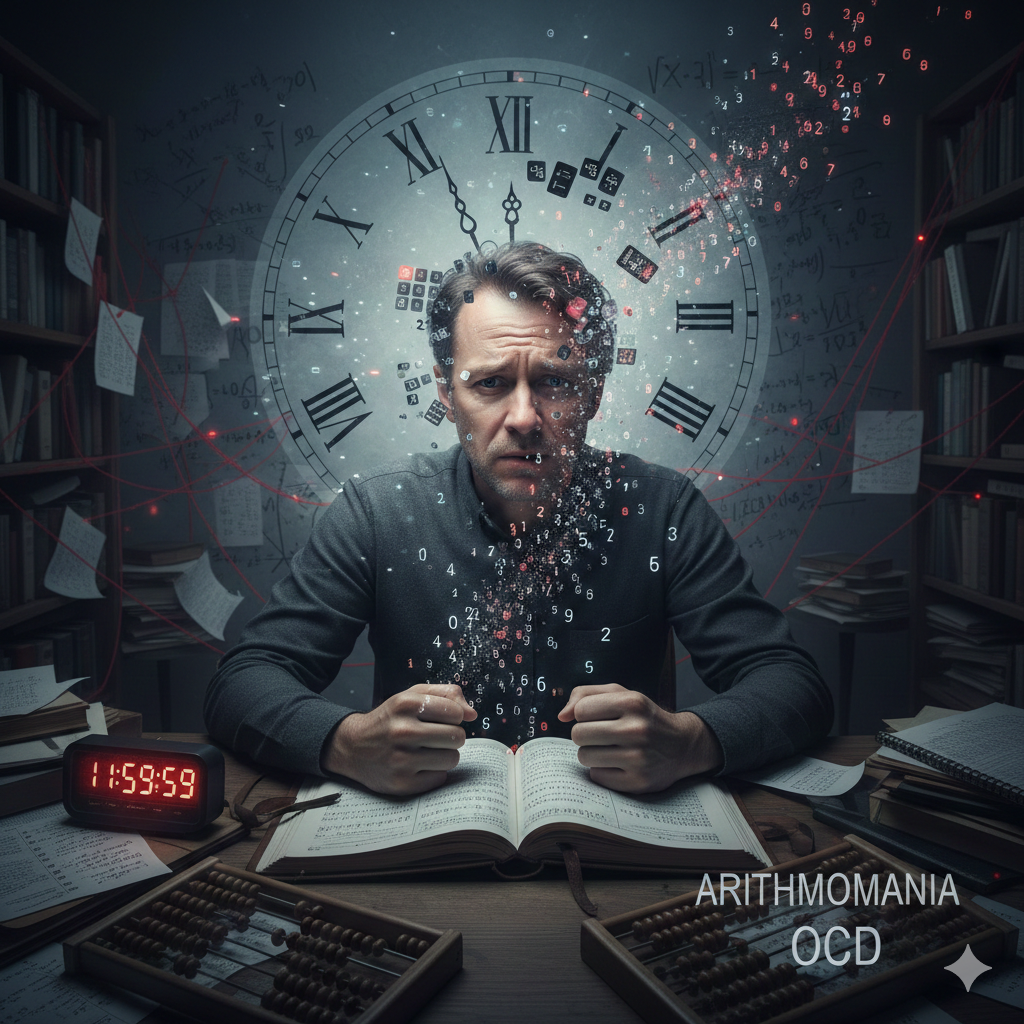What is Obsessive Compulsive Disorder
Obsessive compulsive disorder, now better known as OCD, is a mental illness that affects many people across the world. It is an illness whereby individuals have unwanted, recurring thoughts and behaviours that cannot seem to stop. This behaviour may be portrayed to such a high degree that one cannot conduct the usual daily activities of life and, at times, can result in extreme distress. Approach the situation by first understanding what is obsessive-compulsive disorder and exactly how the condition manifests itself.
What is OCD
It is a kind of long-term mental disorder whereby the person has repeated, unwanted thoughts that are uncontrollable or feel compelled to perform routines repeatedly. Obsessions are intrusive thoughts, images, or urges they feel as disturbing (ego-dystonic) that result in considerable anxiety and distress. Compulsions are the repetition of certain behaviours to reduce anxiety linked with obsessional content. Think about the person who is obsessed with germs and has to scrub their hands so many times that they bleed for it to be deep cleaned. While comforting in the short term, they are increasingly exhausting and time-consuming.
Causes of OCD
The actual causes of OCD are not known; however, some features can be held responsible for it: the common things that we have seen in Emotion of Life client background its all about feeling of guilt and regret that push a person to develop OCD, once in OCD recovery program person work on their regret and guilt they are able to come out of OCD issue.
Family history as a learn behaviour is also one of major reason of developing OCD in human life.
Symptoms of OCD
The symptoms of OCD vary from person to person, but most fall into two major categories: compulsions and obsessions. Some common signs of OCD to watch for are:
Obsessions
- Fear of dirt or germ potential
- Intrusive, aggressive thoughts about hurting others or oneself
- Sexual or religious intrusive thoughts
- Being overly neat or too symmetrical
- Loss of behavioural control (fear)
Compulsions
- Excessive hand washing or cleaning
- Placing things in a specific way
- Ritualistic judgements (ex, locking doors several times)
- Gently counting or whispering prayers
- Reassurance seeking from others to mitigate anxiety
Individuals starting to exhibit signs of OCD typically have insight into how irrational their actions and thoughts are, but compulsion generates the need to proceed with them anyway.
How is OCD Diagnosed?
In most cases, OCD is diagnosed by a mental health professional who believes that the patient’s symptoms are consistent with OCD, and there is no evidence from tests or physical examinations to suggest another condition. It may begin with an assessment of the patient’s history and their thoughts or feelings about their problems, but it often involves consultations among those involving information from experiential patients, researchers and experts. Your psychiatrist will ask you questions like “What are your obsessions, and what leads to those compulsions?”, “How often do the intrusive thoughts, images or impulses and their accompanying compulsive behaviours start?”, and “How does it affect your life?” For a diagnosis of OCD, the obsessions and compulsions must also be time-consuming or cause significant distress.
A comprehensive evaluation for OCD involves the following:
- Clinical Interview: A psychiatrist or psychologist will ask about the nature and frequency of obsessions and compulsions.
- DSM-5 Criteria: Mental health professionals use the Diagnostic and Statistical Manual of Mental Disorders to determine whether the person meets the criteria for OCD.
- Rule Out Other Conditions: Anxiety, depression, and even some neurologic disorders can mimic OCD symptoms. A detailed evaluation helps to distinguish OCD from these diseases.
How Common is Obsessive-Compulsive Disorder?
Millions of people worldwide have OCD or have experienced it throughout their lives since they care deeply about someone with the disorder. How common is obsessive-compulsive disorder? About 2.0% of people will develop OCD in their lives. The symptoms generally take hold in childhood or adolescence, but they can occur at any age.
Treatment of OCD
OCD is completely recoverable in 4 months daily session model with medicine. And consistent follow up make sure person reach to cure state as well.
Cognitive Behavioural Therapy (CBT)
The most effective type of therapy for treating OCD is CBT—especially an approach called Exposure and Response Prevention (ERP). ERP works by allowing individuals to be exposed little by little to their obsession-inducing situations but not letting them engage in that compulsion. This approach makes it easier for a person to control his anxiety and reduces the tempting possibility of becoming engaged in obsessive activities.
Common Myths About OCD
There are different opinions regarding the disorder, and in the competition of people struggling with OCD, there is the possibility of misunderstanding or misrepresenting the disorder. You must first tackle the two most common myths to get a fair understanding of what is obsessive-compulsion disorder:
Myth 1: OCD is only about cleanliness and order
Though OCD famously involves a fear of contamination and extensive cleaning, other obsessions — violent or aggressive urges (and the like) are also common—even more so.
Myth 2: Those who suffer from OCD need to unwind and not stress so much
OCD is not something people can “calm down” and turn off. It is a concerning mental health disorder that should be addressed with psychological tools and sometimes supplemented by medication.
OCD Treatment: Where Does Family Fit In
Therapy and recovery from OCD largely depend on family support. Families can:
- Learn about what is OCD and how it affects
- Provide emotional support and be patient when the person is struggling with obsessions or other compulsions
- Be a part of therapy sessions as recommended, particularly in Cognitive Behavioural Therapy (CBT). In these sessions, families learn how to stop enabling compulsions while still being supportive.
Conclusion
OCD can be very intense to live with, but just knowing what it is gives you a fighting chance. Each time you learn a new way of managing symptoms or reaching out to someone for help, you highlight the resilience of humans. In recovery, the Emotion of Life reminds us that being faced with difficult mental health challenges is not easy, but there is hope. Breaking OCD habits is a process that millions have done before, and countless others will as well. Do not be afraid to ask for help if you or someone else is experiencing OCD. Help is here; you do not have to fight this alone—there are expert OCD therapists and resources available to change your life.


